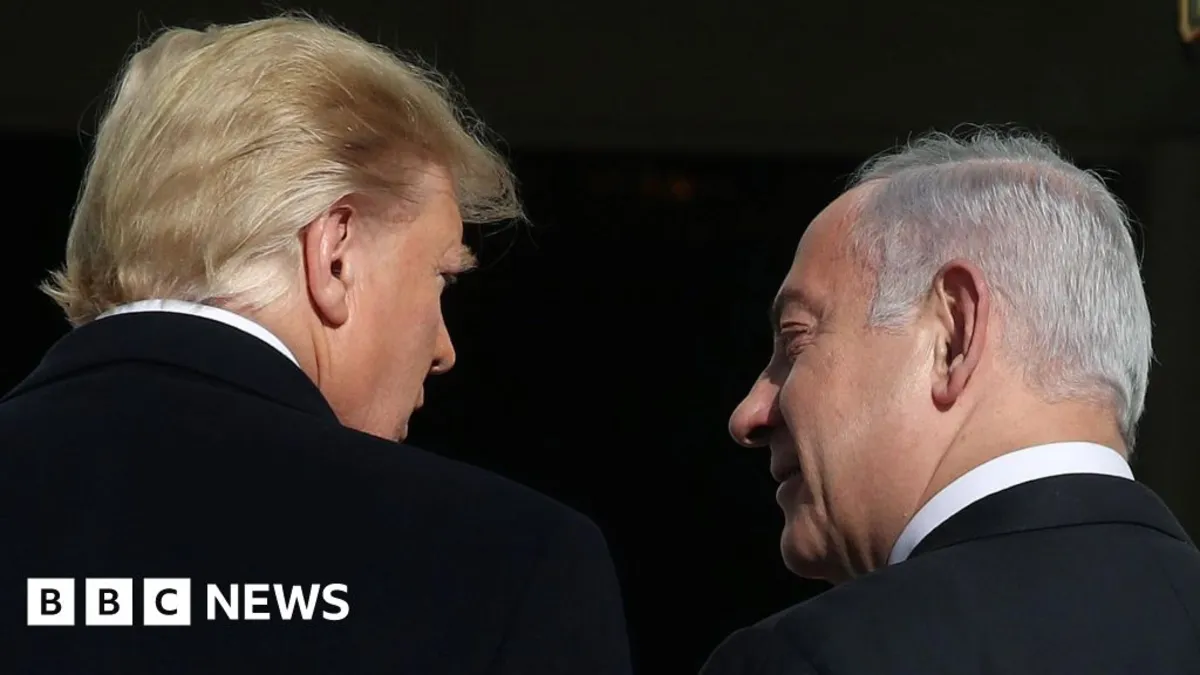
On September 9, an air strike by Israel targeting a Hamas negotiating team in Qatar appeared to intensify the ongoing conflict and diminish any hopes for a peaceful resolution. This aggressive move not only violated the sovereignty of a critical American ally but also raised concerns about the potential for a broader regional war. As the diplomatic landscape seemed bleak, this event unexpectedly became a pivotal moment, leading to a significant agreement announced by President Donald Trump concerning the release of all remaining hostages. This goal, pursued by both Trump and President Joe Biden over nearly two years, marks a critical step toward achieving a more sustainable peace in the region.
While the recent agreement represents progress, it is merely the first phase in a complex negotiation process that includes Hamas disarmament, governance in Gaza, and a comprehensive Israeli withdrawal. If this deal holds, it could emerge as one of the defining achievements of Trump’s second term, overshadowing the diplomatic efforts of Biden and his team. Trump's distinctive approach and his influential relationships with both Israeli and Arab leaders have played a crucial role in facilitating this breakthrough.
Publicly, the camaraderie between Trump and Israeli Prime Minister Benjamin Netanyahu is evident, with both leaders expressing mutual admiration. Trump has often claimed that Israel has no better ally than him, while Netanyahu has hailed Trump as Israel's most significant ally in the White House. The actions backing these sentiments are notable; during his first term, Trump made the controversial decision to relocate the US embassy from Tel Aviv to Jerusalem and shifted the longstanding US stance on Israeli settlements in the West Bank. Such unwavering support may have provided Trump with the leverage needed to apply pressure on Israel behind closed doors.
In late 2024, Trump's negotiator, Steve Witkoff, reportedly pressured Netanyahu into agreeing to a temporary ceasefire in exchange for some hostages. Trump's influence was evident when he urged Netanyahu to alter course following Israeli strikes against Syrian forces. According to Aaron David Miller from the Carnegie Endowment for International Peace, Trump's assertive approach towards Netanyahu was unprecedented, illustrating a level of pressure previously unseen in US-Israel relations.
In contrast, Biden's relationship with Netanyahu has been more precarious. Biden adopted a strategy that aimed to publicly support Israel while privately moderating its military actions. This approach was complicated by Biden's longstanding support for Israel and the divisions within his Democratic coalition over the Gaza conflict. Each step Biden took risked alienating segments of his base, whereas Trump's solid Republican support provided him greater flexibility in his dealings.
The air strike in Qatar, which resulted in the death of a Qatari citizen, prompted Trump to issue a strong ultimatum to Netanyahu to halt the conflict. While Trump had previously granted Israel considerable leeway, the attack on Qatari soil pushed him closer to the Arab perspective on achieving peace. Several Trump officials indicated that this incident was a turning point that galvanized the president to exert maximum pressure for a peace agreement.
Trump's strong ties with Gulf states, including his business dealings with Qatar and the UAE, have been well-documented. His diplomatic initiatives, such as the Abraham Accords, which normalized relations between Israel and several Muslim-majority countries, were pivotal in shaping the current diplomatic landscape. During recent visits to the UAE, Saudi Arabia, and Qatar, Trump heard calls for an end to the war, which likely influenced his diplomatic strategy.
The global backlash against Israel's military actions in Gaza significantly impacted Trump's decision-making. With the humanitarian situation for Palestinians deteriorating, the Netanyahu government found itself increasingly isolated on the international stage. Major European nations, led by French President Emmanuel Macron, began to distance themselves from Washington's unwavering support for Israel, advocating for a more balanced approach to the Israeli-Palestinian conflict.
This divergence led to a historic rift between the US and its European allies regarding key diplomatic strategies. Macron's engagement with Saudi Arabia and the Arab world played a crucial role in shaping a new narrative, pushing for a vision that included Palestinian statehood and a condemnation of Hamas' actions. As Trump faced a European-Arab coalition advocating for peace, he ultimately aligned more closely with his Gulf allies.
Trump's distinctive approach to diplomacy, characterized by a mix of bombast and direct engagement, has produced unexpected results. While his earlier interactions with North Korea seemed to escalate tensions, he ultimately engaged in direct negotiations. His recent proposals, including a controversial idea for relocating Palestinians, raised eyebrows among seasoned diplomats but reflect a broader strategy aimed at achieving conventional results through unconventional means.
As the world awaits the announcement of the Nobel Peace Prize winner, Trump's recent diplomatic strides, particularly regarding Gaza, have shifted perceptions. Although it remains unlikely that he will receive the honor, the possibility seems more plausible than it did just weeks ago, showcasing the unpredictable nature of diplomatic relations in the region.